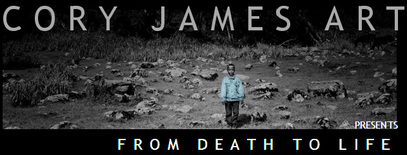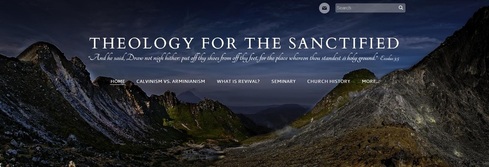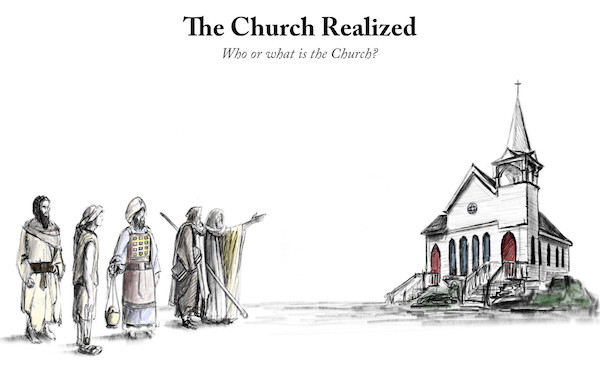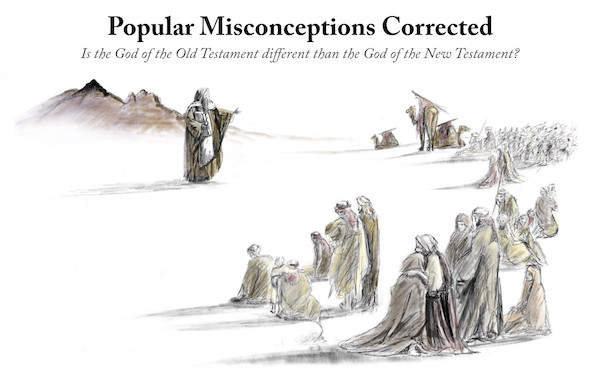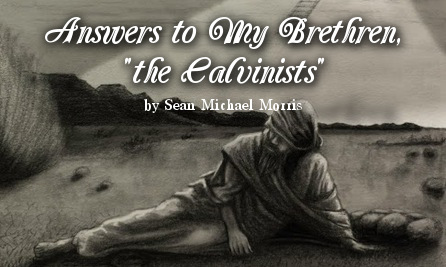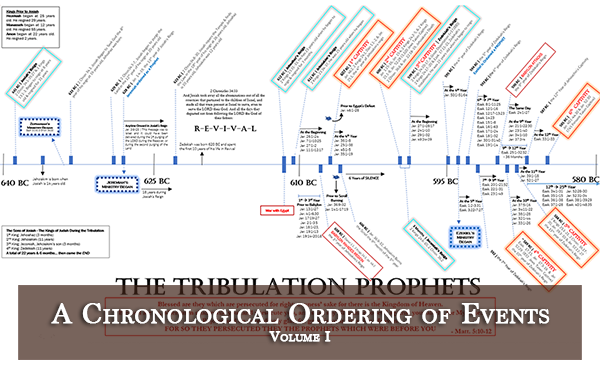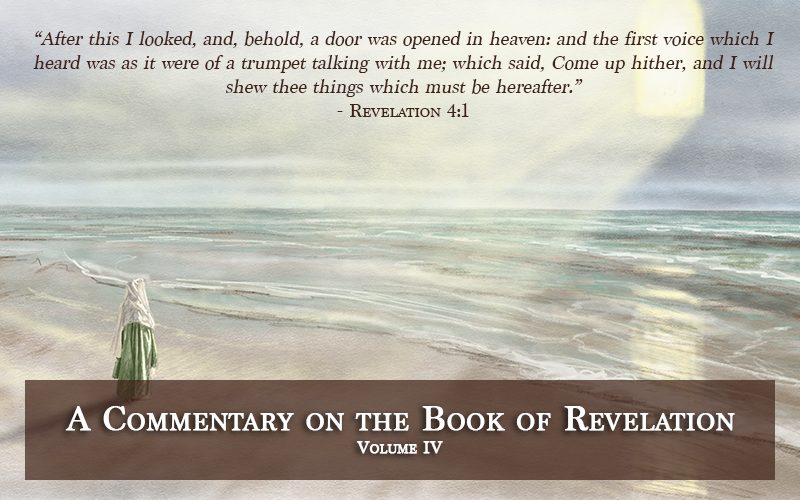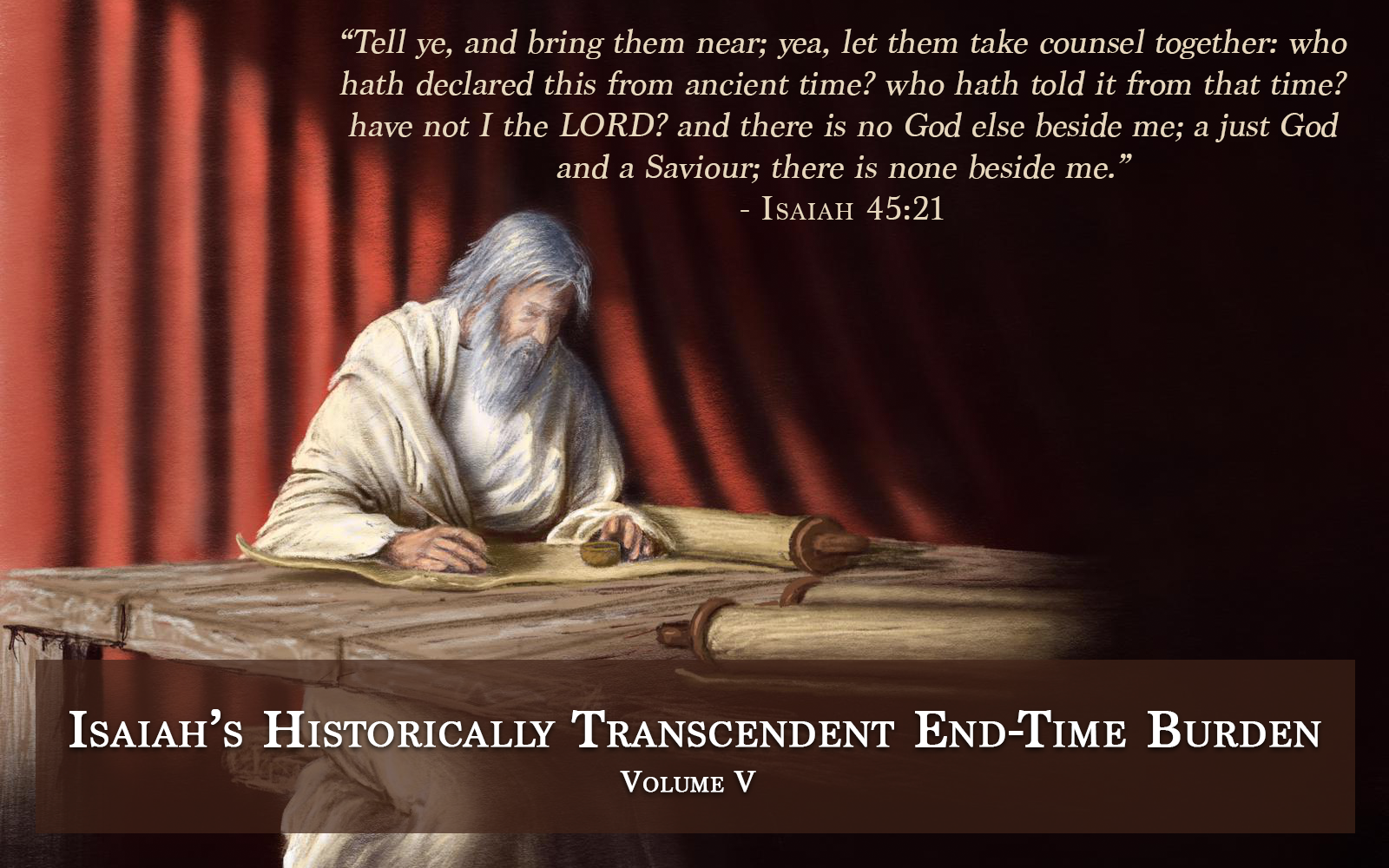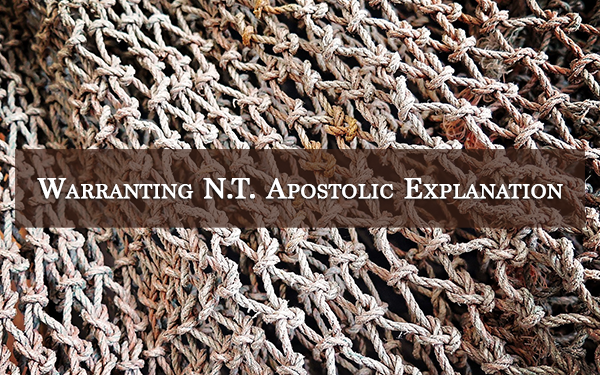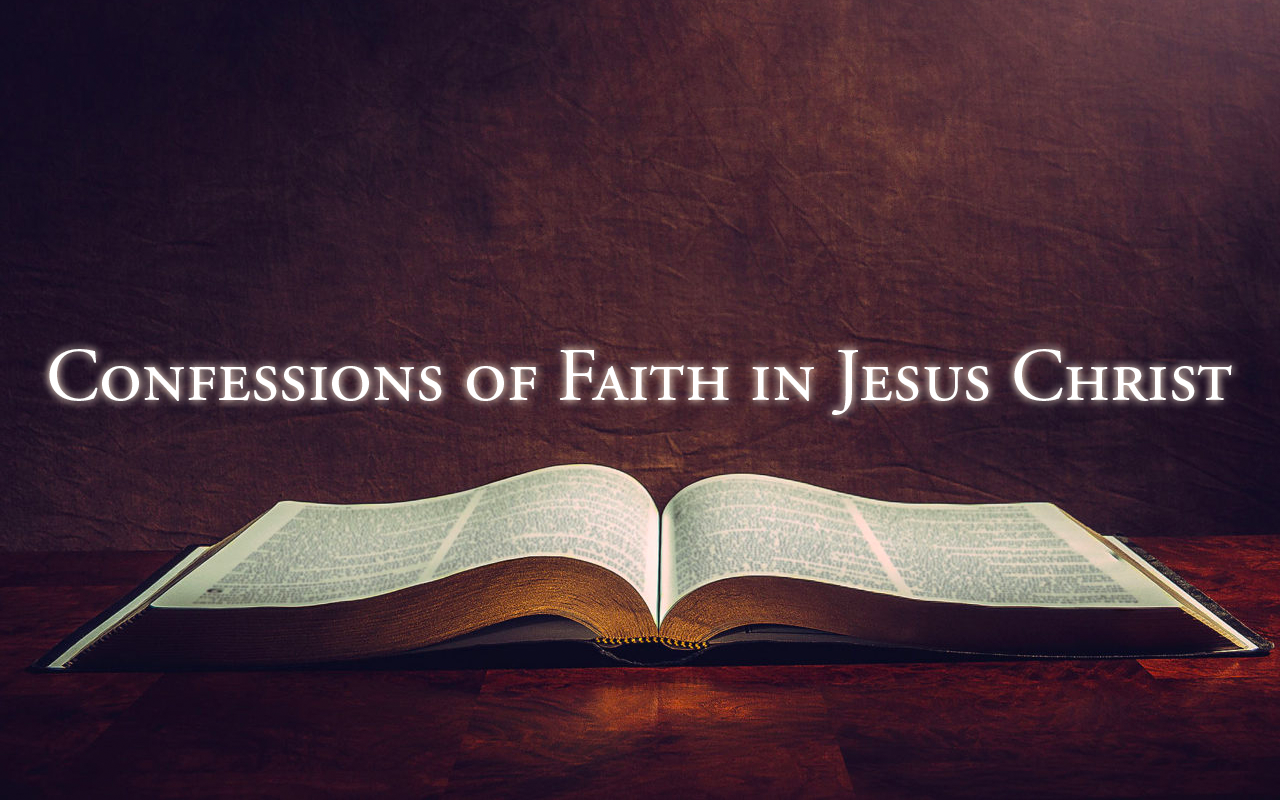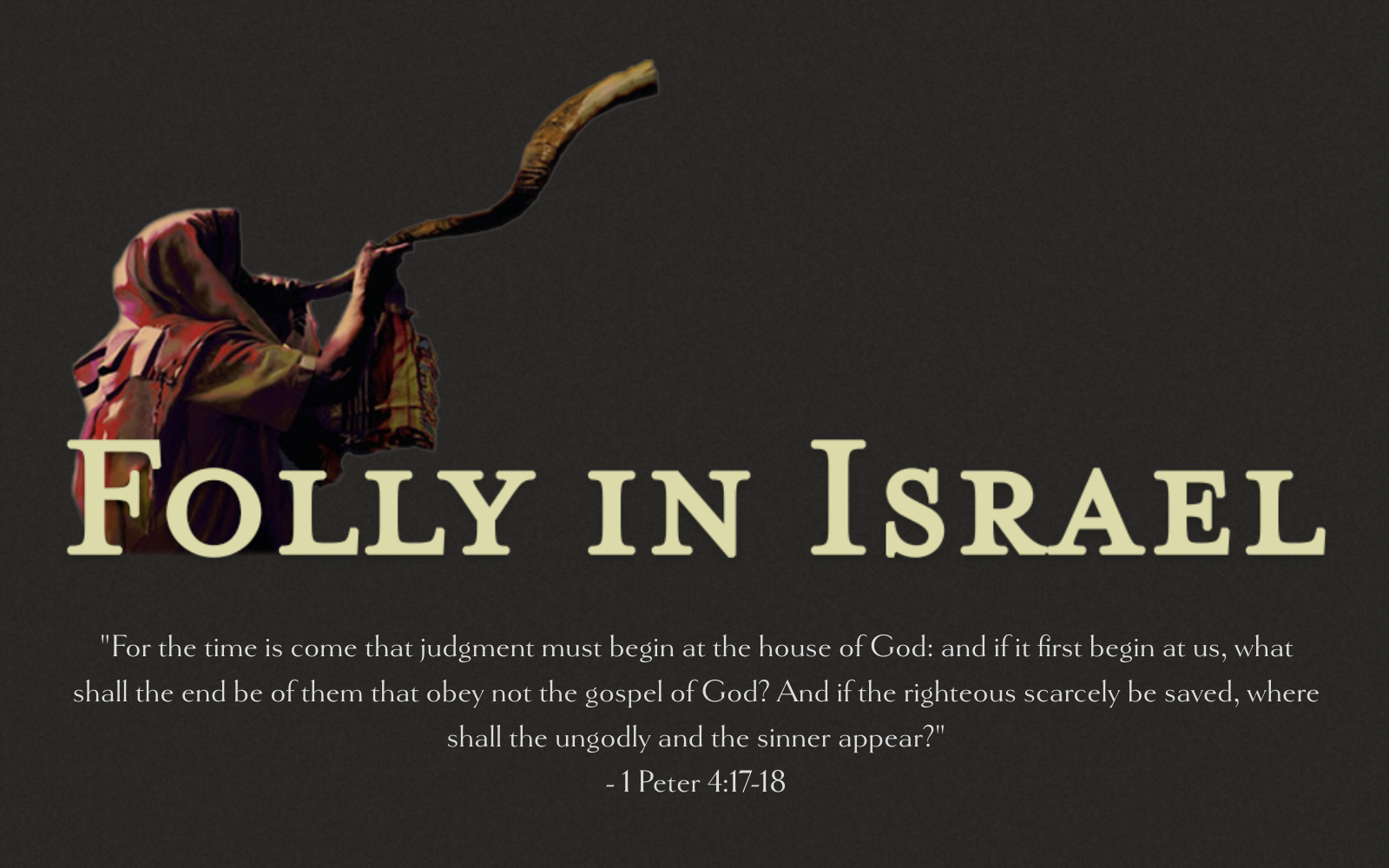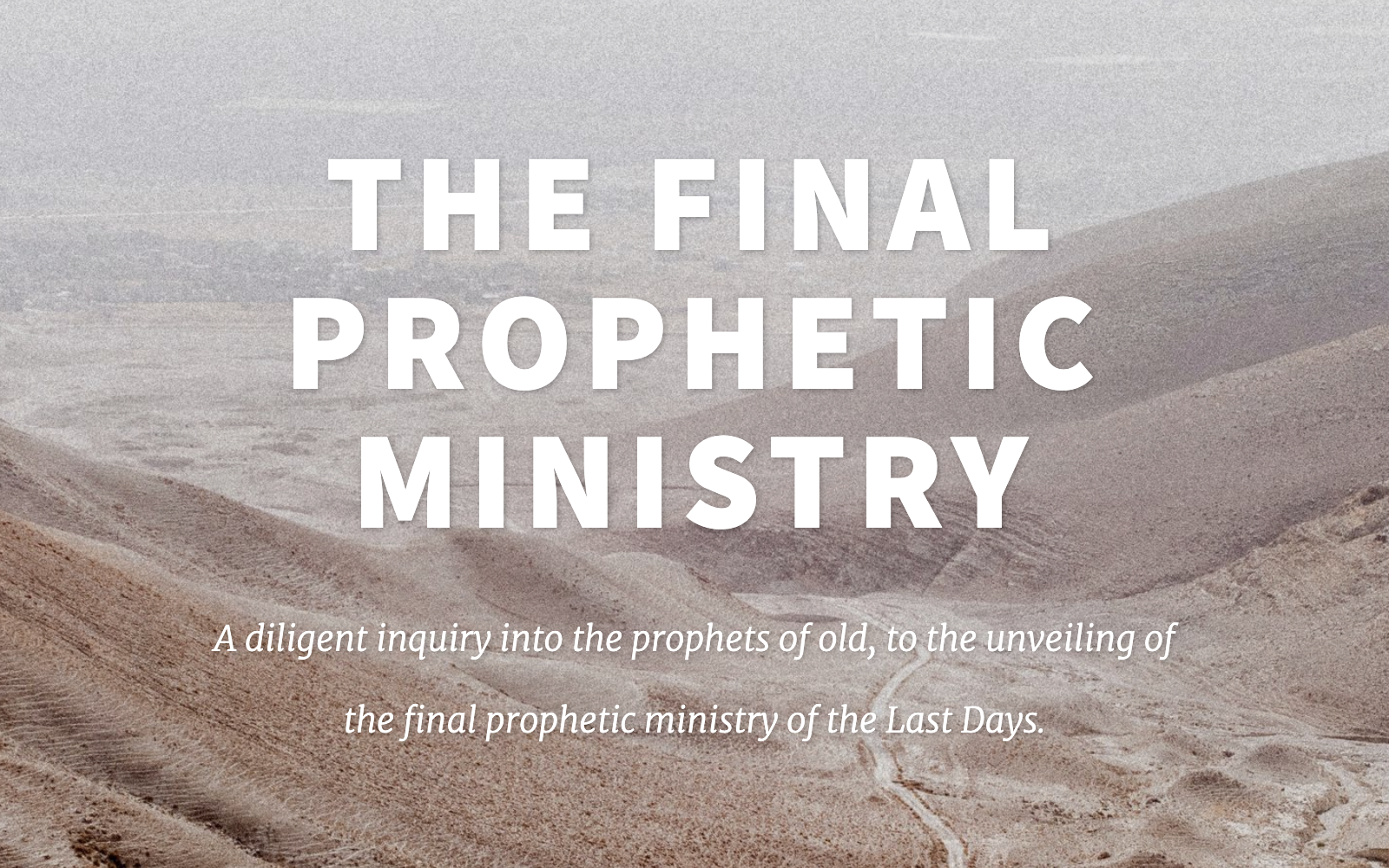2. The ground and reason of the expression is easy to be understood. When we undergo this great change, we may, with much propriety, be said to be born again, because there is so near a resemblance between the circumstances of the natural and of the spiritual birth; so that to consider the circumstances of the natural birth, is the most easy way to understand the spiritual.
4. The reason why he that is not yet born is wholly a stranger to the visible world, is, not because it is afar off; (it is very nigh; it surrounds him on every side;) but, partly, because he has not those senses, they are not yet opened in his soul, whereby alone it is possible to hold commerce with the material world; and partly, because so thick a veil is cast between, through which he can discern nothing.
5. But no sooner is the child born into the world, than he exists in a quite different manner. He now feels the air with which he is surrounded, and which pours into him from every side, as fast as he alternately breathes it back, to sustain the flame of life: And hence springs a continual increase of strength, of motion, and of sensation; all the bodily senses being now awakened, and furnished with their proper objects.
His eyes are now opened to perceive the light, which, silently flowing in upon them, discovers not only itself, but an infinite variety of things, with which before he was wholly unacquainted. His ears are unclosed, and sounds rush in with endless diversity. Every sense is employed upon such objects as are peculiarly suitable to it; and by these inlets the soul, having an open intercourse with the visible world, acquires more and more knowledge of sensible things, of all the things which are under the sun.
6. So it is with him that is born of God. Before that great change is wrought, although he subsists by Him, in whom all that have life "live, and move, and have their being," yet he is not sensible of God; he does not feel, he has no inward consciousness of His presence. He does not perceive that divine breath of life, without which he cannot subsist a moment: Nor is he sensible of any of the things of God; they make no impression upon his soul. God is continually calling to him from on high, but he heareth not; his ears are shut, so that the "voice of the charmer" is lost to him, "charm he never so wisely," He seeth not the things of the Spirit of God; the eyes of his understanding being closed, and utter darkness covering his whole soul, surrounding him on every side. It is true he may have some faint dawnings of life, some small beginnings of spiritual motion; but as yet he has no spiritual senses capable of discerning spiritual objects; consequently, he "discerneth not the things of the Spirit of God; he cannot know them, because they are spiritually discerned."
7. Hence he has scarce any knowledge of the invisible world, as he has scarce any intercourse with it. Not that it is afar off: No: He is in the midst of it; it encompasses him round about. The other world, as we usually term it, is not far from every one of us: It is above, and beneath, and on every side. Only the natural man discerneth it not; partly, because he has no spiritual senses, whereby alone we can discern the things of God; partly, because so thick a veil is interposed as he knows not how to penetrate.
8. But when he is born of God, born of the Spirit, how is the manner of his existence changed! His whole soul is now sensible of God, and he can say, by sure experience, "Thou art about my bed, and about my path;" I feel thee in all my ways: "Thou besettest me behind and before, and layest thy hand upon me." The Spirit or breath of God is immediately inspired, breathed into the new-born soul; and the same breath which comes from, returns to, God: As it is continually received by faith, so it is continually rendered back by love, by prayer, and praise, and thanksgiving; love and praise, and prayer being the breath of every soul which is truly born of God. And by this new kind of spiritual respiration, spiritual life is not only sustained, but increased day by day, together with spiritual strength, and motion, and sensation; all the senses of the soul being now awake, and capable of discerning spiritual good and evil.
9. "The eyes of his understanding" are now "open," and he "seeth Him that is invisible." He sees what is "the exceeding greatness of his power" and of his love toward them that believe. He sees that God is merciful to him a sinner, that he is reconciled through the Son of his love. He clearly perceives both the pardoning love of God, and all his "exceeding great and precious promises." "God, who commanded the light to shine out of the darkness, hath shined," and doth shine, "in his heart," to enlighten him with "the knowledge of the glory of God in the face of Jesus Christ." All the darkness is now passed away, and he abides in the light of God's countenance.
10. His ears are now opened, and the voice of God no longer calls in vain. He hears and obeys the heavenly calling: He knows the voice of his Shepherd. All his spiritual senses being now awakened, he has a clear intercourse with the invisible world; and hence he knows more and more of the things which before it could not "enter into his heart to conceive." He now knows what the peace of God is; what is joy in the Holy Ghost; what the love of God which is shed abroad in the heart of them that believe in him through Christ Jesus. Thus the veil being removed which before interrupted the light and voice, the knowledge and love of God, he who is born of the Spirit, dwelling in love, "dwelleth in God, and God in him."
"He was walking upon the roof of his house," (2 Sam. 11:2,) probably praising the God whom his soul loved, when he looked down, and saw Bathsheba. He felt a temptation; a thought which tended to evil. The Spirit of God did not fail to convince him of this. He doubtless heard and knew the warning voice; but he yielded in some measure to the thought, and the temptation began to prevail over him. Hereby his spirit was sullied; he saw God still; but it was more dimly than before. He loved God still; but not in the same degree; not with the same strength and ardour of affection. Yet God checked him again, though his spirit was grieved; and his voice, though fainter and fainter, still whispered, "Sin lieth at the door; look unto me, and be thou saved." But he would not hear: He looked again, not unto God, but unto the forbidden object, till nature was superior to grace, and kindled lust in his soul.
The eye of his mind was now closed again, and God vanished out of his sight. Faith, the divine, supernatural intercourse with God, and the love of God, ceased together: He then rushed on as a horse into the battle, and knowingly committed the outward sin.
9. You see the unquestionable progress from grace to sin: Thus it goes on, from step to step. (1.) The divine seed of loving, conquering faith, remains in him that is born of God. "He keepeth himself," by the grace of God, and "cannot commit sin." (2.) A temptation arises; whether from the world, the flesh, or the devil, it matters not. (3.) The Spirit of God gives him warning that sin is near, and bids him more abundantly watch unto prayer. (4.) He gives way, in some degree, to the temptation, which now begins to grow pleasing to him. (5.) The Holy Spirit is grieved; his faith is weakened; and his love of God grows cold. (6.) The Spirit reproves him more sharply, and saith, "This is the way; walk thou in it." (7.) He turns away from the painful voice of God, and listens to the pleasing voice of the tempter. (8.) Evil desire begins and spreads in his soul, till faith and love vanish away: He is then capable of committing outward sin, the power of the Lord being departed from him.
10. To explain this by another instance: The Apostle Peter was full of faith and of the Holy Ghost; and hereby keeping himself, he had a conscience void of offence toward God and toward man.Walking thus in simplicity and godly sincerity, "before that certain came from James, he did eat with the Gentiles," knowing that what God had cleansed was not common or unclean. But "when they were come," a temptation arose in his heart, "to fear those of the circumcision," (the Jewish converts, who were zealous for circumcision and the other rites of the Mosaic law,) and regard the favour and praise of these men, more than the praise of God. He was warned by the Spirit that sin was near: Nevertheless, he yielded to it in some degree, even to sinful fear of man, and his faith and love were proportionably weakened. God reproved him again for giving place to the devil. Yet he would not hearken to the voice of his Shepherd; but gave himself up to that slavish fear, and thereby quenched the Spirit. Then God disappeared, and, faith and love being extinct, he committed the outward sin. Walking not uprightly, not "according to the truth of the gospel," he "separated himself" from his Christian brethren, and by his evil example, if not advice also, "compelled even the Gentiles to live after the manner of the Jews;" to entangle themselves again with that "yoke of bondage," from which "Christ had set them free."”
I know that many are confused over what exactly John Wesley believed about sinless perfection. A statement on this in relationship to the sermon that I have cited I think is necessary, lest my reader misunderstand what exactly I believe. John Wesley preached these excerpts which I have pasted above in the sermon called, “The Great Privilege of Those That Are Born of God”, and it is of noteworthy importance concerning the subjects I have endeavored to defend. However, this sermon has several differences from the former work that Wesley wrote called, “A Plain Account of Christian Perfection”. I am not altogether sure if Wesley’s convictions had “matured” away from his former heresies, but this sermon is not the same burden that he wrote about in “A Plain Account of Christian Perfection”. In this sermon Wesley is exactly aligned with the true teaching of scripture, unlike the deplorable address he formerly wrote, on what he called, “Christian Perfection”. This sermon is blessed, edifying, and accurate, but the former book is grievously erroneous and heretical, though not in a damnable sense.
To be more specific, this sermon is an off-shooting contradiction to John Wesley’s former conviction on “sinless perfection” because here, in this sermon, Wesley is careful to define “doth not commit sin” as a “voluntary” and “outward transgression” of the written word of God, which means that, mind you, he is not maintaining that this scripture, “doth not commit sin”, ascribes to the possibility and actual experience of being free from all inward sin, but in “A Plain Account of Christian Perfection” Wesley is careful to state the contrary, that, according to him, “Christian perfection” is freedom from all inward and outward sin. This sermon, therefore, is a closer representation of what the saints at The Church of Wells ascribe to regarding the actual experience of saving grace and falling from it, relating to the process and progress of falling from it as a regenerated man. This sermon is of great value and edification because John’s explanation of the “new birth” experience is a well-written and worthy account, and later in the sermon, in the address in which he focuses on falling from grace, the clarity with which he describes the progress in which “the fall” happens does attest to the sudden instance in which, by following the progress, one falls from the security of, and actual experience in, present-continuous saving grace. John explains, in other words, the experience of going from sin to grace at conversion, and, on the contrary, the process and progress by which a saved man can go from grace to sin. “For a just man falleth seven times, and riseth up again: but the wicked shall fall into mischief” (Prov. 24:16). This means that – it happens – a righteous man does fall into and is temporarily detained by a damnable-force of sin, but “if God permit” (Heb. 6:3) or “peradventure” (2 Tim. 2:25), by God’s sheep-pursuing and sheep-recovering grace (Ps. 119:176) the fallen man “riseth up again”, he is SAVED! And yet remember this, if the man falls without recovery therefrom, legally speaking, this is “the mischief” which was “of old ordained”, to “the wicked” (Jude 1:4, 1 Pet. 2:8), and thus shall he everlastingly remain (Ezek. 3:20, 18:22, 24, Jer. 23:39, Rev. 3:5). When a saint is fallen so that, then, salvation is irreversibly lost, or doctrinally speaking the man is “a castaway”, the choice belonged to and was made by a sovereign God. This means that at what instant this irreversible threshold is crossed, it is a point which is non-formulaic and incalculable to us, a point which was decided upon and chosen by God based upon circumstances we cannot understand, and anything we do understand it is by way of past examples of the inspired instruction written in the Bible (such as when, God said, “those men which have…tempted Me now these ten times”-Num. 14:22).
Oh my brethren, let us understand the depths of our depravity, yes, but also the inner-workings of grace in relationship to our experiential salvation from our depravity! Vital reality with the Living God causes the saints to shout – “I am eternally secure!” – there is no doubt about this fact and no argument to refute it! But without vital reality with God all security is lost! Then let us learn this one thing, my brethren: our salvation is not in a transaction but a Person to whom we are reconciled by a transaction, therefore let us look away from the isolated transaction as a thing in and of itself, for it cannot exist in and of itself, but let us look to the Person of Christ, and as Paul Washer said, let us be terrified to take our eyes off of Him!
terrified to take my eyes off of Him! I’m looking unto Jesus!” – Paul Washer



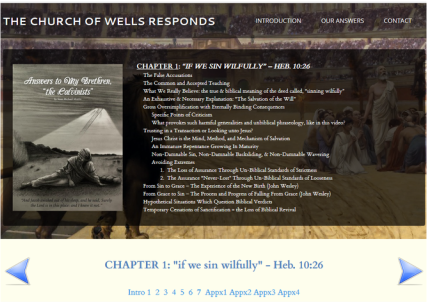
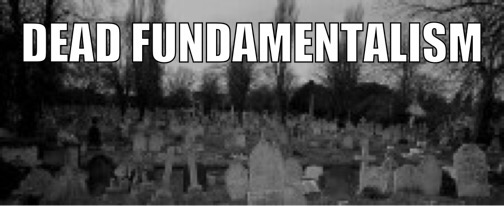

 RSS Feed
RSS Feed




